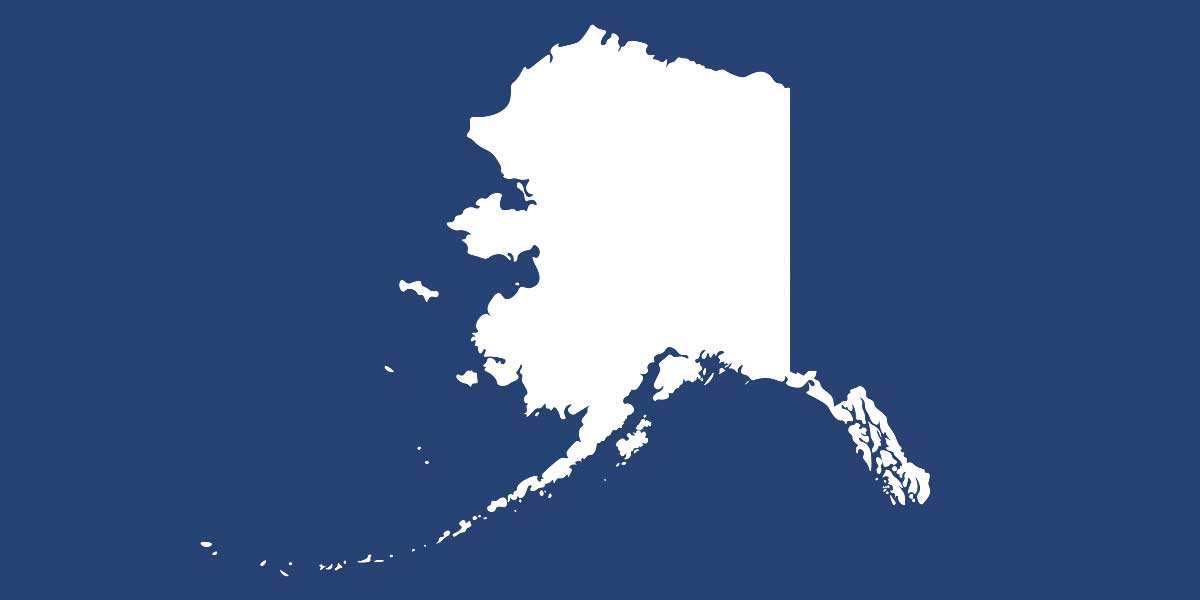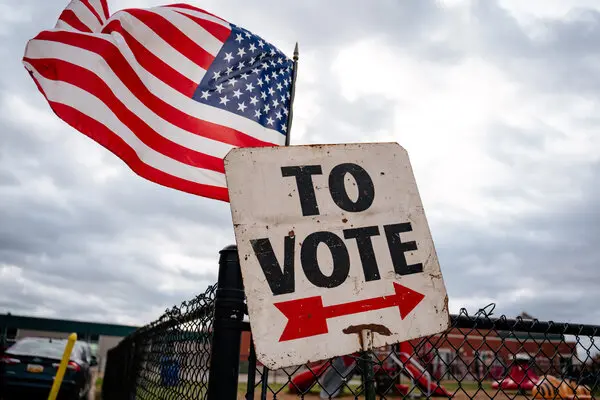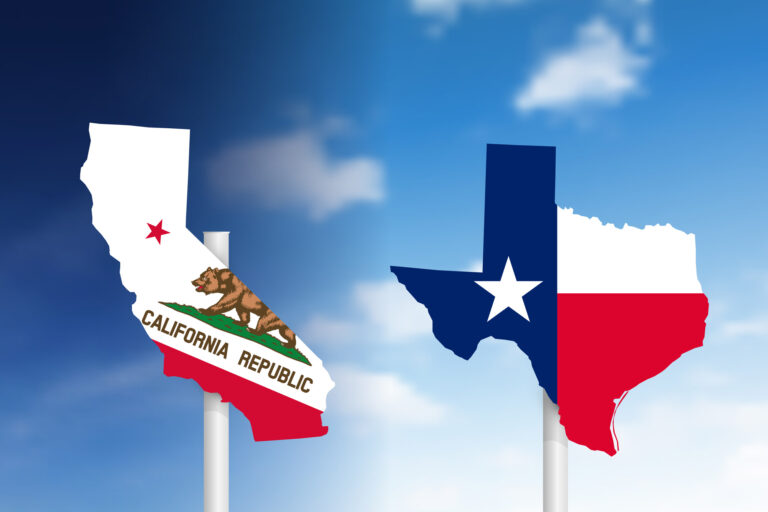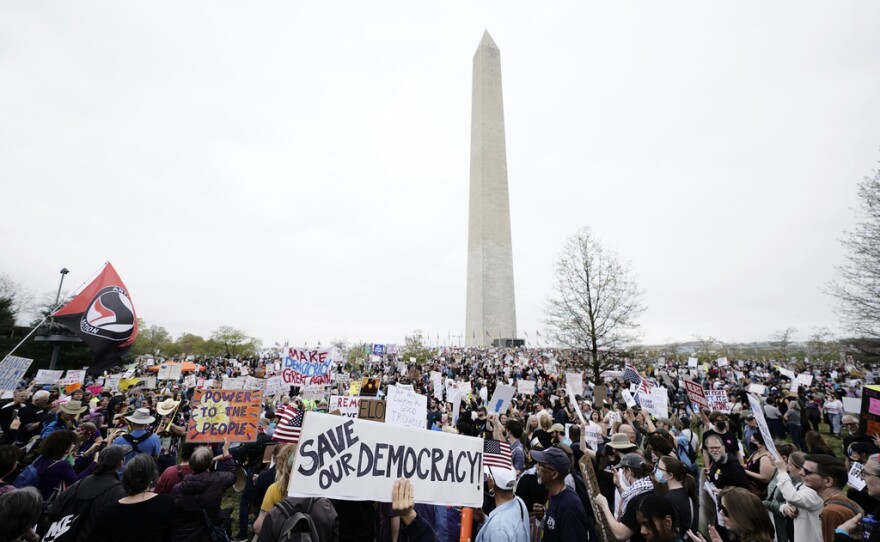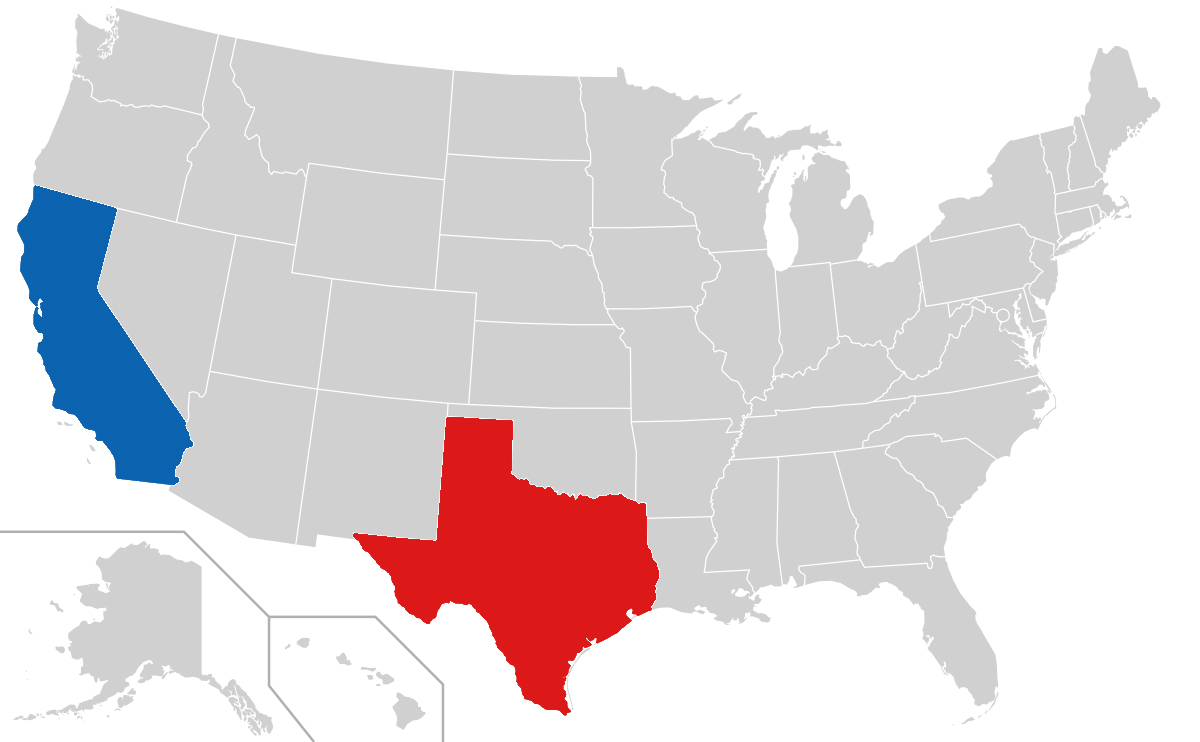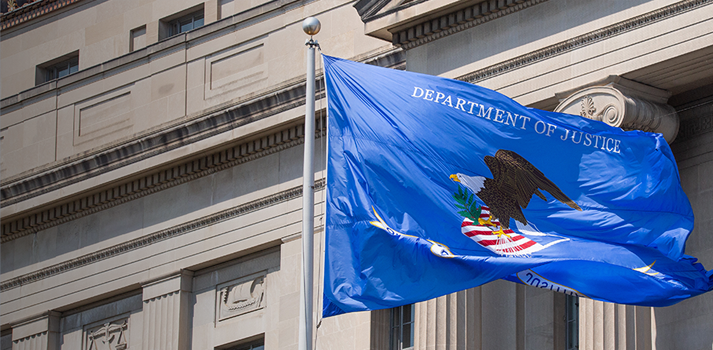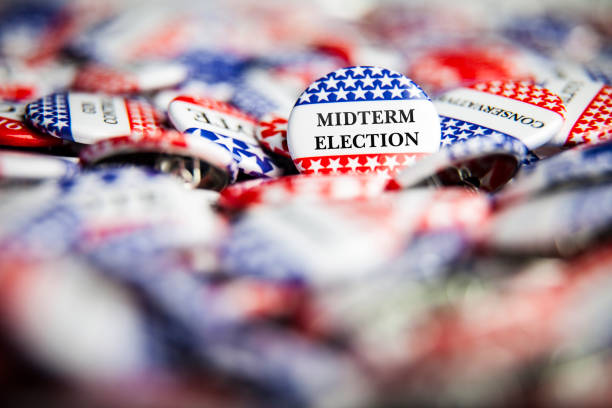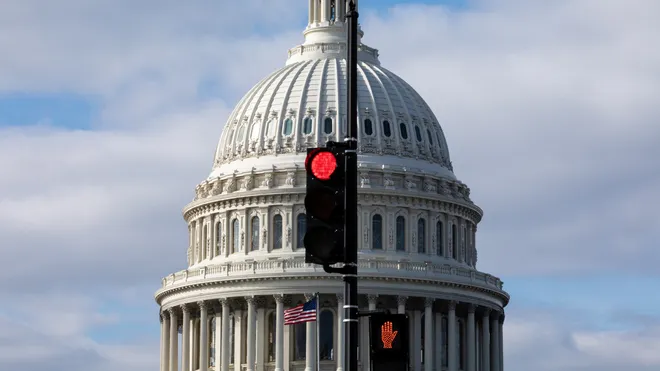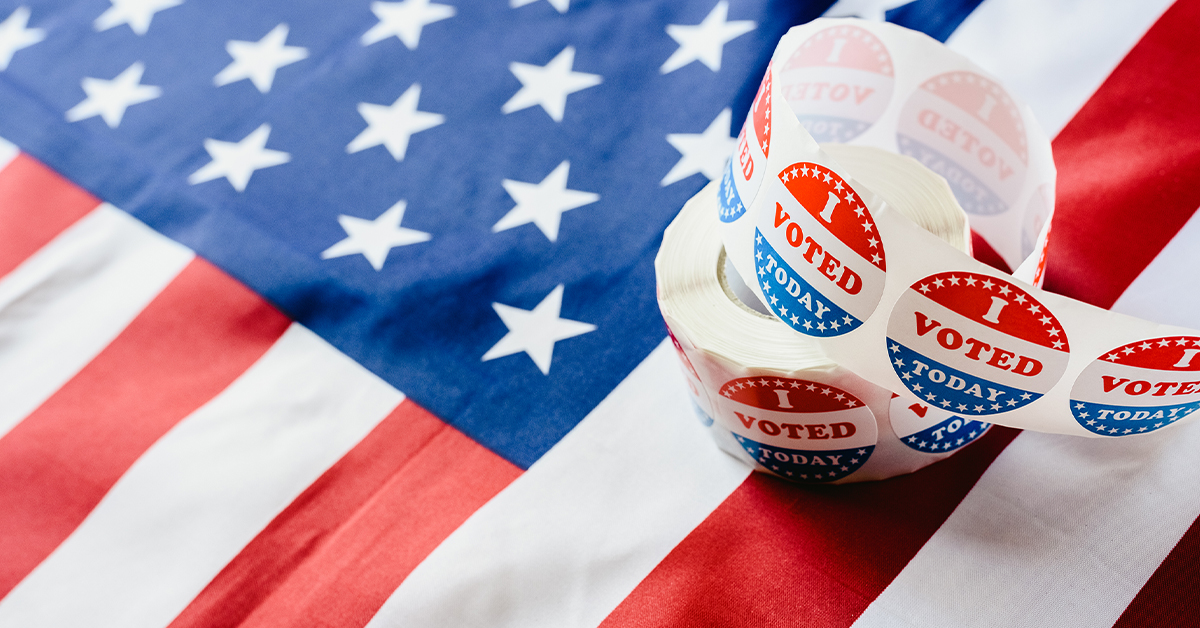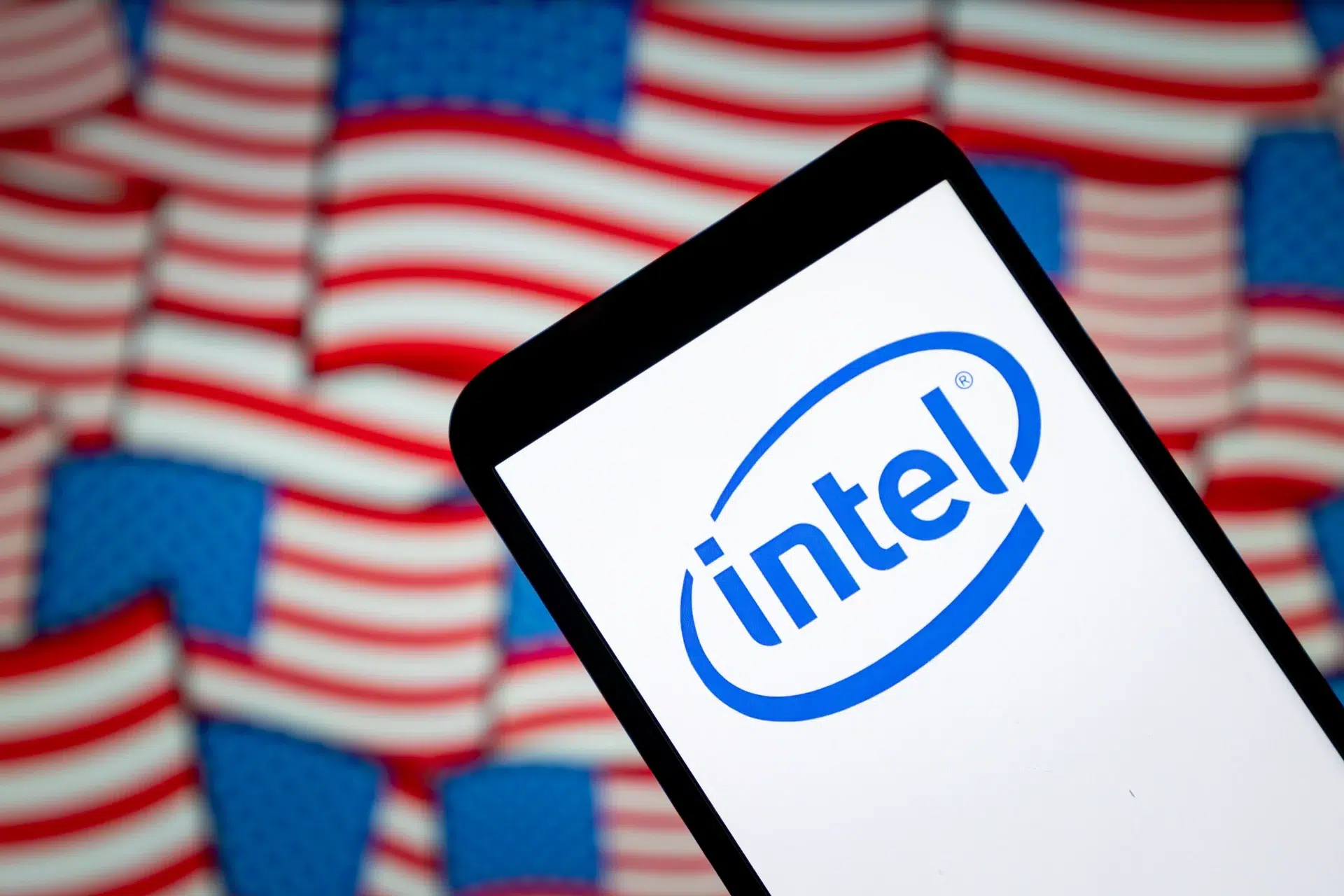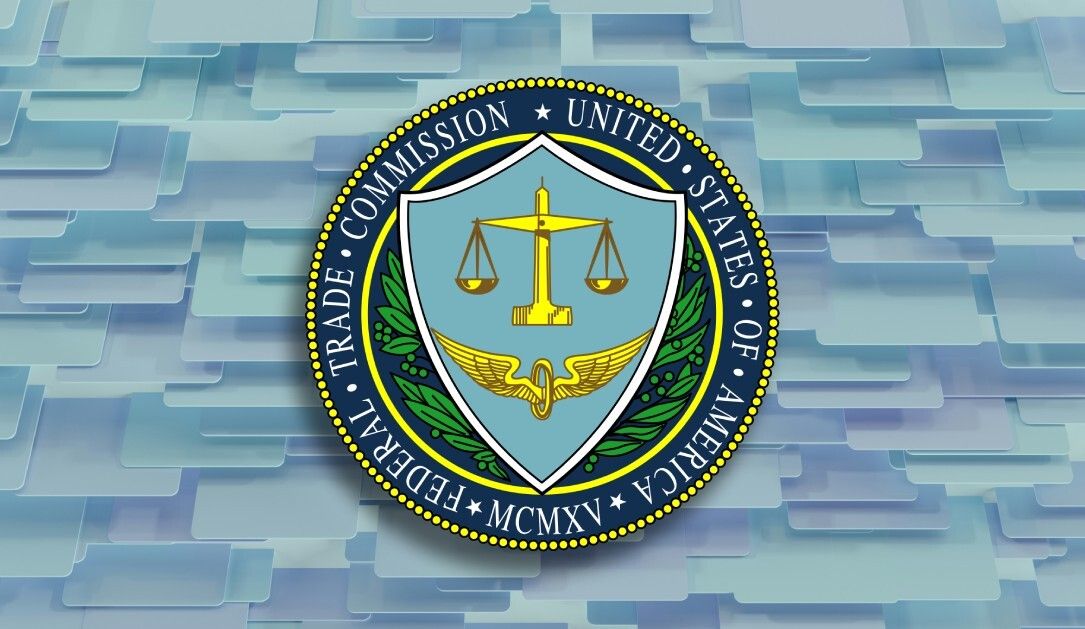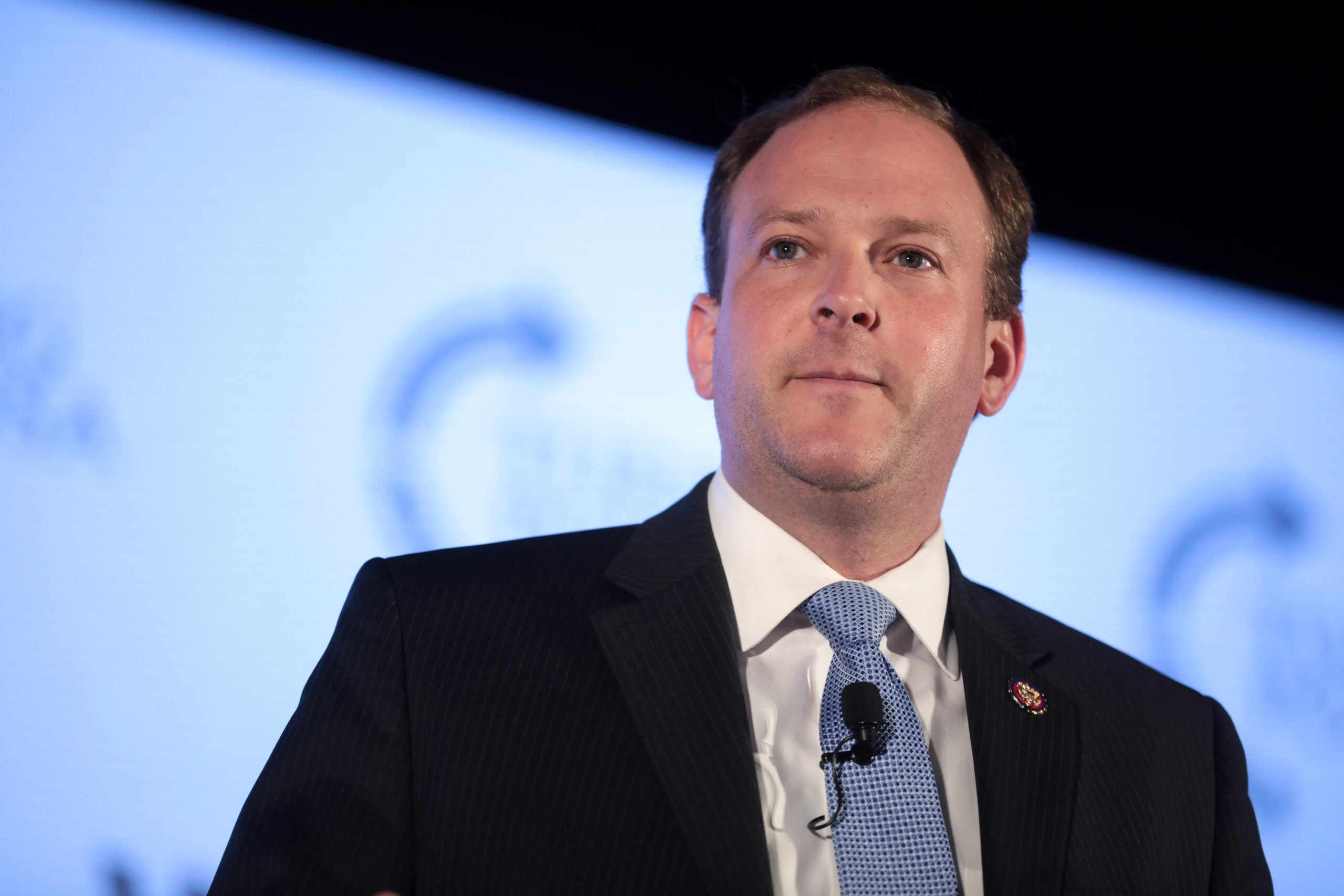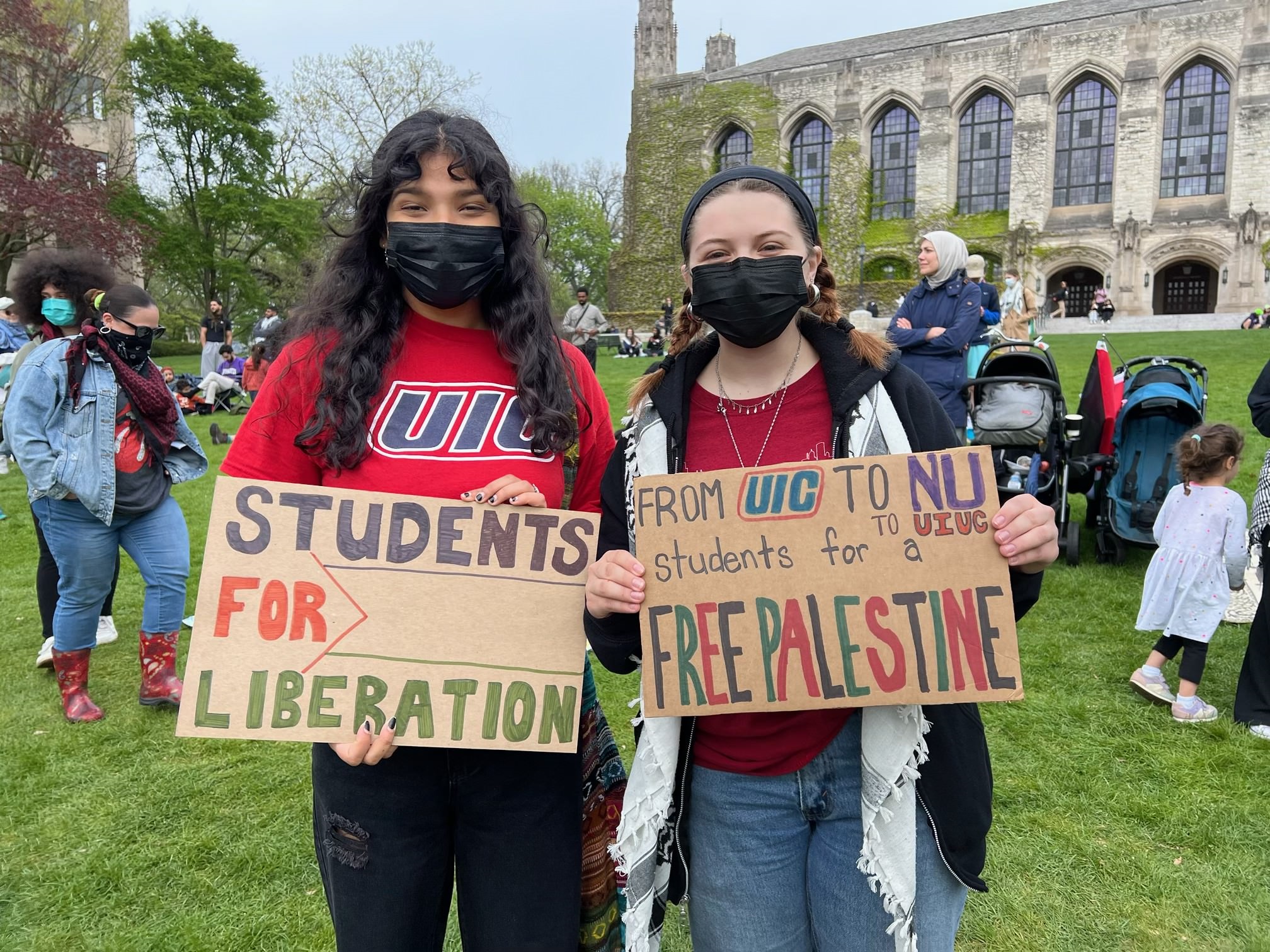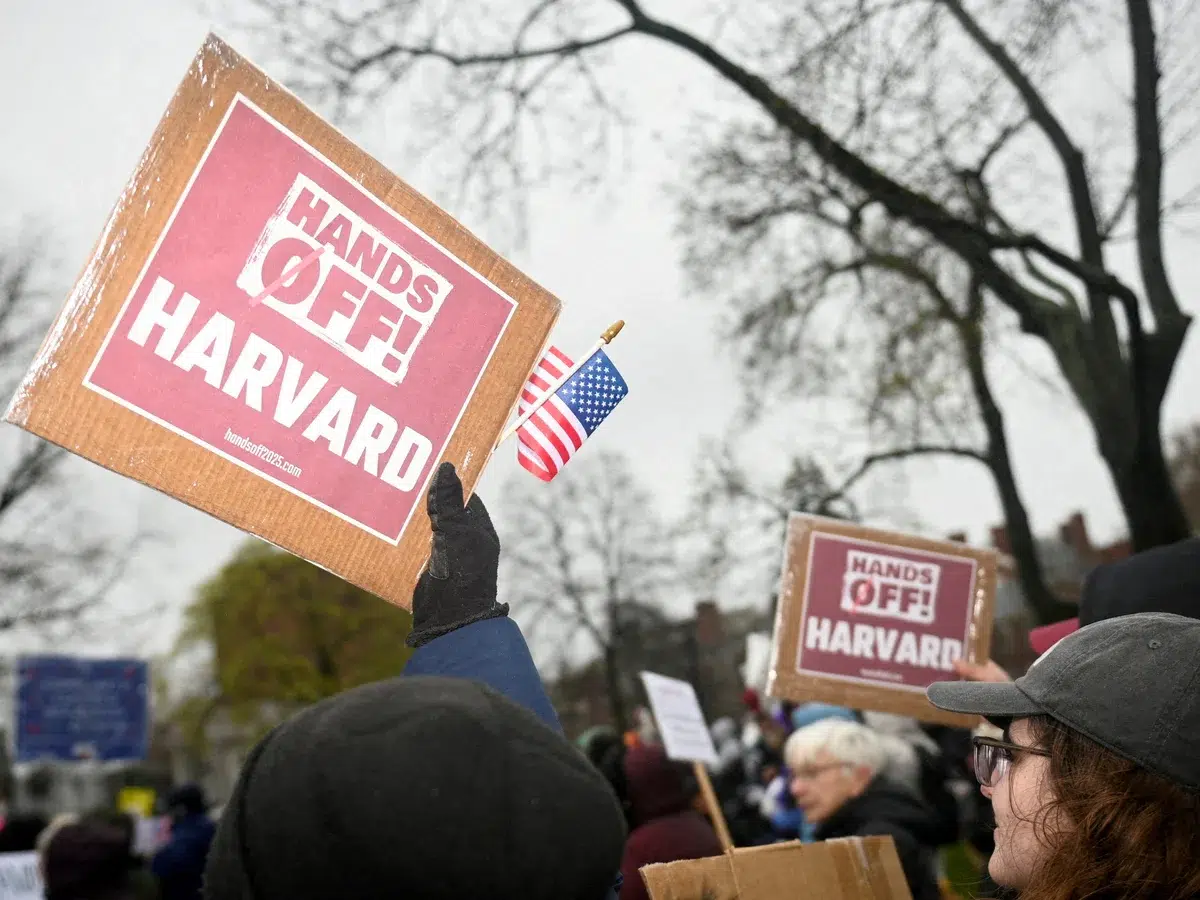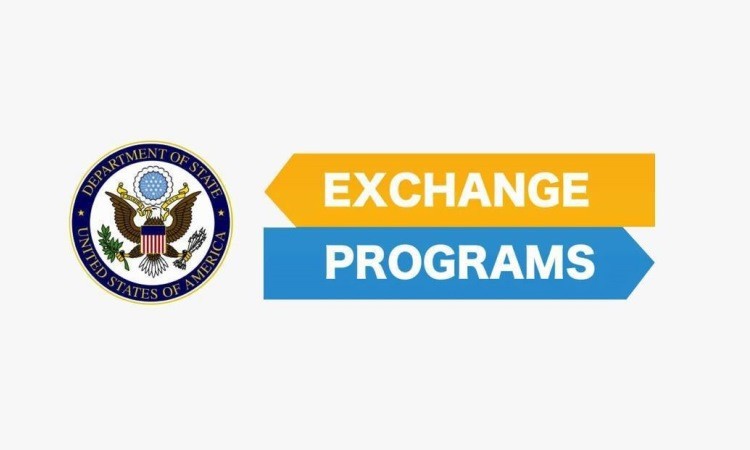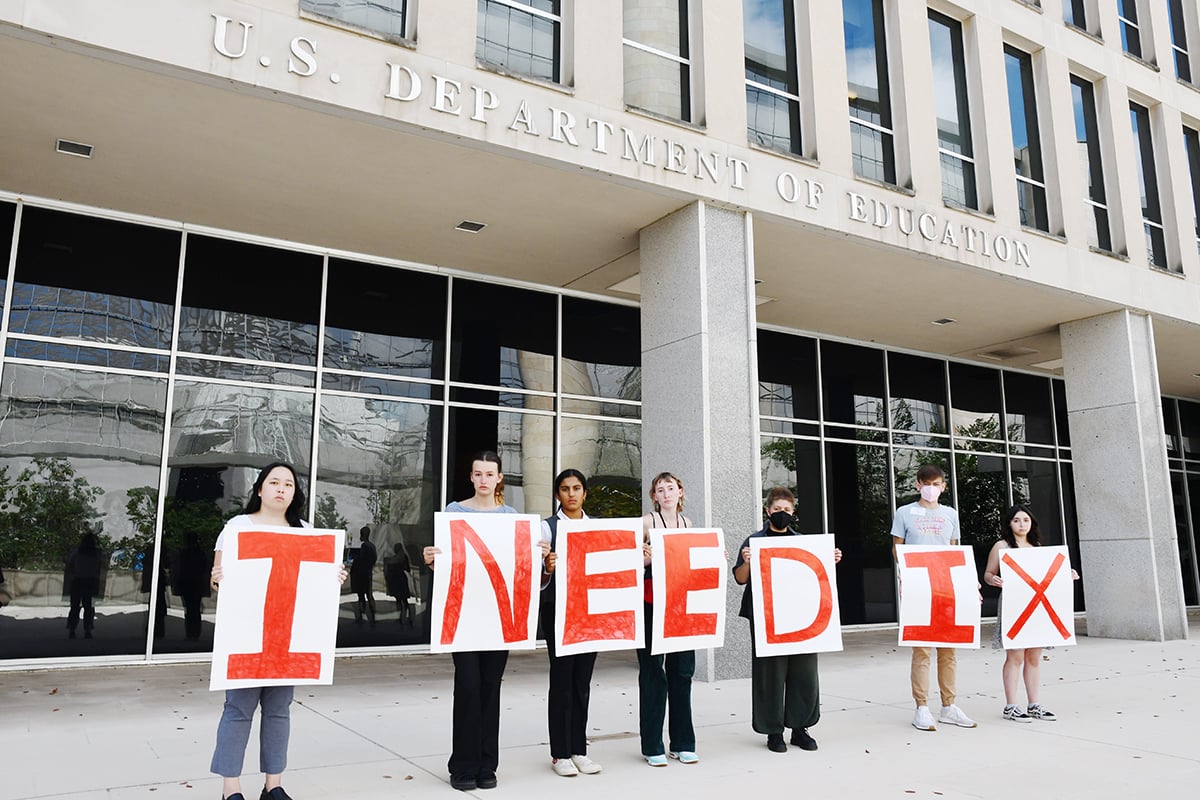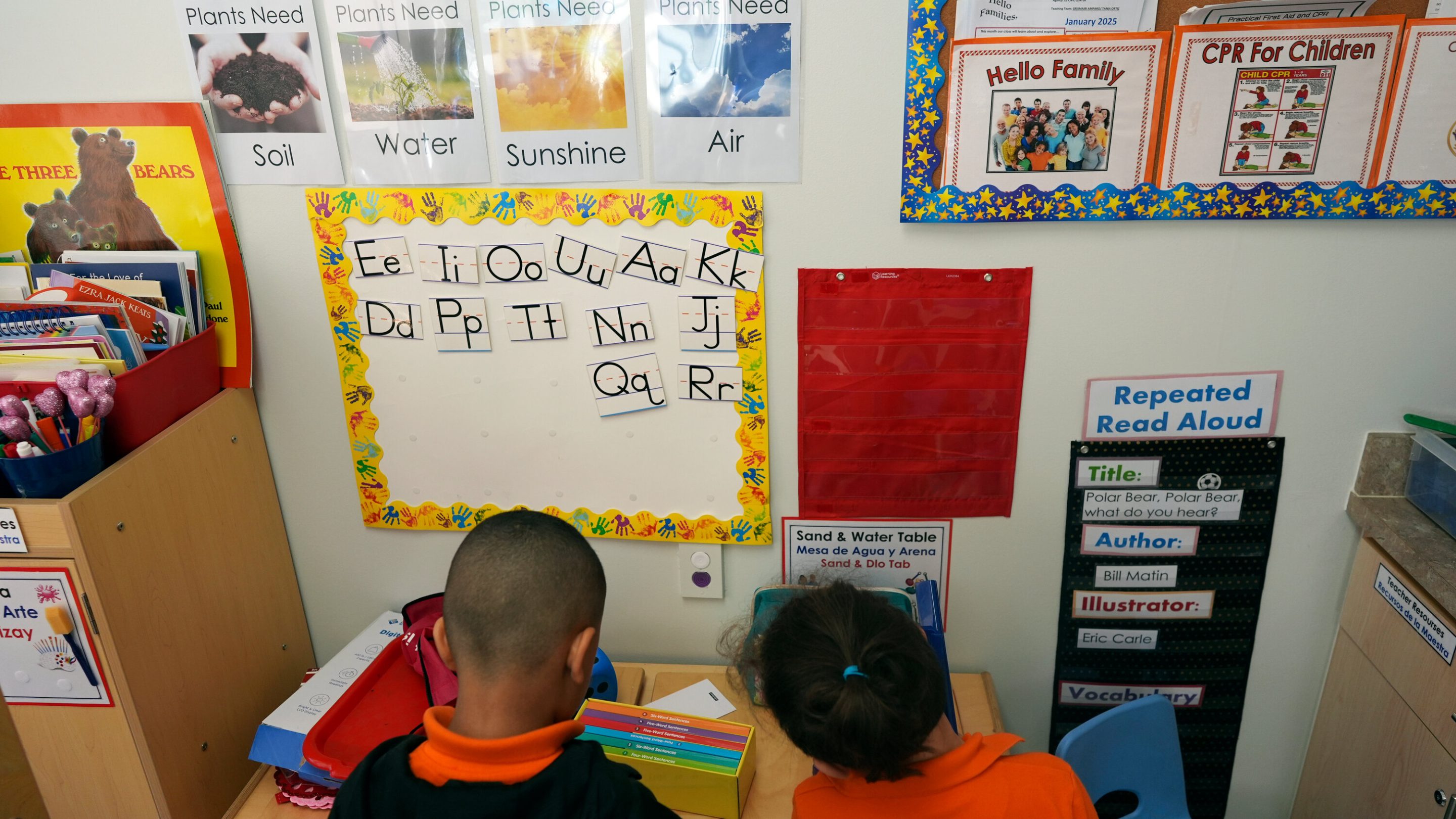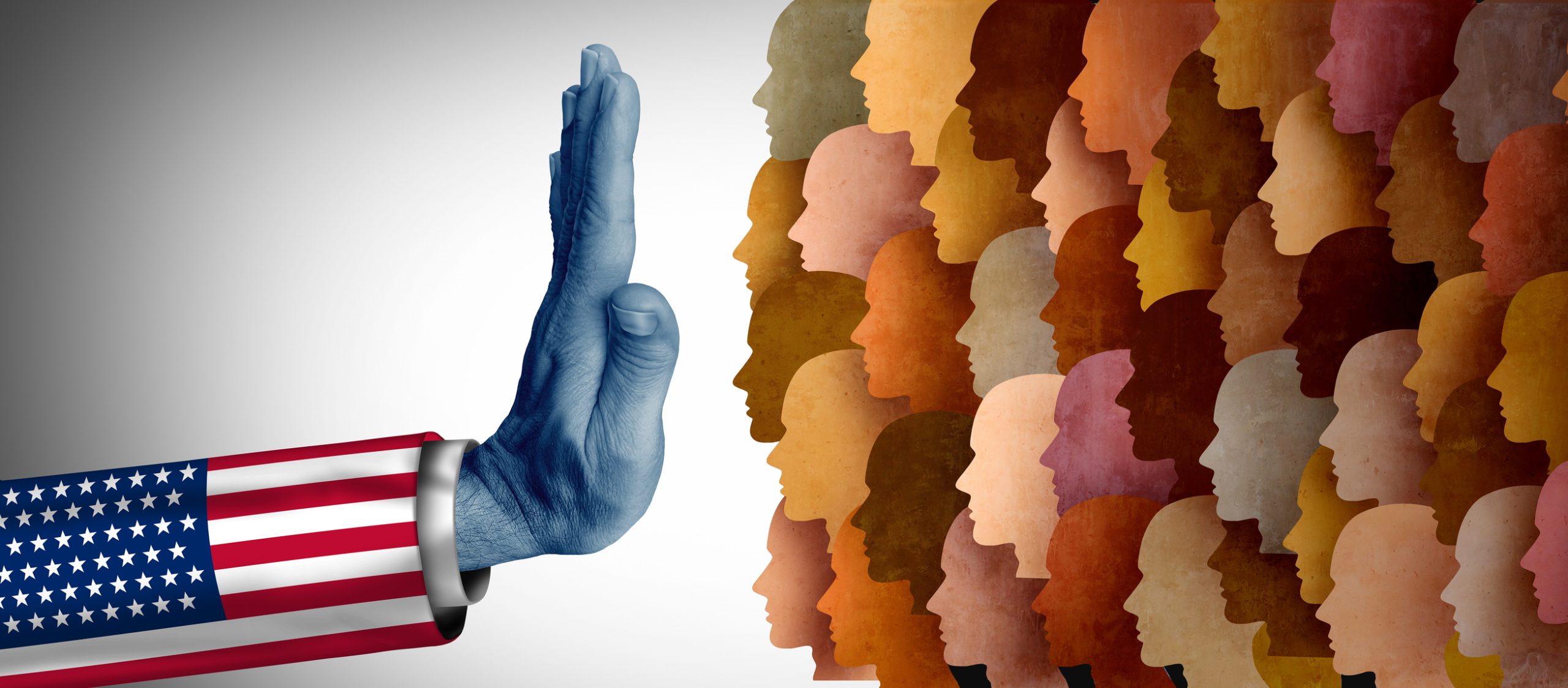USRESISTNEWSMaking Democracy Great Again: A Mission We Take To Heart

Keeping Democracy Alive

2026 Democratic Primary Preview Series
Profiles of Democratic candidates in 2026 state congressional elections.

Latest USRESISTNEWS and Analysis

Civil Rights

Elections & Politics

Foreign Policy

Foreign Policy
The Week That Was: Global News in Review (Foreign Policy Brief #225)
European troops have begun arriving in Greenland last week in a show of support to Denmark, as leaders attempt to respond to President Donald Trump’s threats to annex Greenland.
The Week That Was: Global News in Review (Foreign Policy Brief #224)
Latin America’s shift towards the political right has continued following the recent elections in both Chile and Honduras. In Chile the election of the far-right Jose Antonio Kast marked the country’s most significant shift rightward since the former Chilean dictator, Agusto Pinochet. The election of Kast now makes three neighboring South American states formerly at odds, Argentina, Bolivia and Chile, firmly in control by the rightwing and all seeking closer relations with the United States. In Honduras the Trump backed candidate, Nasry Asfura has been declared the winner after a more than two week long vote count left those in the small Central American country in suspense. Following the election results, the opposing Liberal Party candidate, Salvador Nasralla refused to concede and alleged interference in the election process by the United States after President Trump conditioned continued aid to the country on whether the right-wing candidate won. Trump also pardoned the former Honduran President found guilty of trafficking drugs to the United States.
U.S. Deports Russian Dissidents who Face Prison or Draft in Russia (Foreign Policy Brief #223)
In October 2025, U.S. Department of Homeland Security reported on its official website that more than 2 million undocumented immigrants had already left the United States — including 1.6 million who voluntarily self-deported and more than 527,000 who were forcefully deported. “This is just the beginning,” Assistant Secretary Tricia McLaughlin proudly stated.

Technology

Technology
Trump’s AI Executive Order and the Federal–State Power Struggle (Technology Policy Brief #161)
The Federal-State battle over AI regulation has heated up after President Trump signed an executive order on Dec. 11 that blocks states from enforcing their own regulations on artificial intelligence. The order seeks to create a “single national framework” for AI. However state lawmakers, tech experts, and civil rights organizations are worried about what this means for the country. Many believe that federal regulations could slow down America’s competitiveness in the global AI race and will have serious implications for national security.
Rideshare Drivers Organize As Earnings Decline (Technology Policy Brief #160)
When Uber and Lyft came on the scene, taxi drivers protested vociferously. Now it’s the rideshare drivers protesting, as their earnings go down and the threat of autonomous vehicles looms. Organizing by rideshare drivers has had some success, but how effective hard-won changes will be remains to be seen. Workers scored an apparent victory in securing collective bargaining rights in California. But a similar law in Massachusetts has yet to yield results and the California law was a compromise that included enormous giveaways to the companies.
The Potential Harm Posed to Society Due to the Inaccuracies of AI (Technology Policy Brief #159)
The future of Artificial Intelligence (AI) is not fully determined, but it will continue to have a significant impact on our society and the way we live. The ways it currently impacts society are through improvements in efficiency, productivity, and accessibility. Self-driving cars relying on AI, AI-powered robots are used to provide aid and assistance in the healthcare system, and AI security systems are used to automate threat detection, among other examples. Although AI creates positive advantages and impacts, it also creates negative effects. The negative effects cover the environment, employment and other fields. These examples are often caused by products that use and incorporate AI, but what (potential) harm is created due to inaccuracies within the actual systems of AI?

Environment

Environment
Along with carbon emissions, U.S. climate accords go up in smoke
A year ago, at the beginning of Donald Trump’s second term as President, he signed Executive Order 14199, requesting a “government‑wide review” of all international intergovernmental organizations, conventions, and treaties that the United States formally supports. That review resulted in a signed a memorandum on January 6th of this year that specifies that the U.S. formally withdraw from 66 “organizations, conventions, and treaties.” Included in the 66 are the UN Framework Convention on Climate Change (UNFCCC), the Intergovernmental Panel on Climate Change (IPCC), and other important climate treaties. In all, the U.S. withdrew from 31 UN bodies.
Watching their home go up in smoke: the indigenous of the Amazon ( Environment Policy Brief #187)
The Amazon rainforest is rapidly degrading. The ecological functions of the rainforest such as absorbing greenhouse gases and releasing oxygen into the atmosphere are diminishing as the size of the rainforest shrinks. Global precipitation patterns depend upon the Amazon’s unique location on the planet. The diversity of plant life in the Amazon constitutes about a quarter of the globe’s stock of carbon biomass. There are 80,000 species of plants.
Montana Youth Return to Court to Block Laws Weakening Climate Protections (Environment Policy Brief #186)
A group of young activists from the landmark Held v. Montana case filed a new challenge against recent state laws. The filed petition challenges several statutes passed by Republicans that threaten the activist group’s victory in the Montana Supreme Court in 2024. According to the group, the new changes are violations of the state’s guarantee of a “clean and healthful environment.” The youth plaintiffs are preparing for a renewed legal fight and highlighting that climate harms are a constitutional issue.

Education

Health & Gender

Health & Gender
New U.S. Dietary Guidelines Signal Shift on Processed Foods, Meat and Dairy (Health & Gender Policy Brief #184)
On January 7, 2026, the U.S. federal government released the 2025–2030 Dietary Guidelines for Americans. These new guidelines show a shift in how U.S. health officials define healthy eating andaddress processed foods, protein consumption and dairy. The Guidelines were issued by the Department of Health and Human Services (HHS) and the Department of Agriculture (USDA). They are set to shape federal nutrition policy, school meal standards and how public health is messaged for the next five years.
Impacts of the Expiration of the Affordable Care Act
The Affordable Care Act (ACA) (also known as Obamacare) was signed into law by President Obama on March 23, 2010. The ACA aimed to make healthcare more affordable to more people, expand Medicaid to individuals with incomes below 138% of the federal poverty level, and for private health insurance, prohibit insurers from denying coverage due to preexisting health conditions and from denying coverage to people.
The Challenges to Federal Vaccination Policy (Health & Gender Policy Brief #182)
The Protecting Free Vaccines Act (H.R. 5448) aims to preserve stable vaccine coverage by freezing ACIP recommendations as of 2024 and requiring all major insurance programs to continue covering those vaccines without cost-sharing until 2030. H.R. 5448 was introduced on Sept. 18, 2025, by Rep. Frank Pallone D-NJ-6. Since this is a Democrat-sponsored bill in a Republican-controlled House, its chances of passing are currently low unless bipartisan support grows.

Immigration

Immigration
Law and Order or Overreach? When Soldiers Become Police (Immigration Policy Brief #191)
As summer draws to an end, President Trump is once again utilizing federal military forces for law enforcement, this time in the nation’s capital. In California, Trump cited immigration protests for the use of the National Guard & ultimately the deployment of U.S. Marines. Now we see the President citing crime & the inability of D.C. Democrats to stop it. President Trump’s coast-to-coast use of federal military force in Los Angeles and Washington, D.C. during 2025 highlights the growing tensions between public safety, constitutional boundaries, and presidential power, raising critical questions about the future of American democracy and civil-military relations.
Quantity Over Justice: The Coming ICE Expansion (Immigration Policy Brief #190)
If you have been following the news surrounding Trump’s so-called “Big Beautiful Bill,” one of the provisions you would see is the $170 billion for immigration enforcement & border security. Of this $170 billion, approximately $75 billion represents an increase in funding to ICE, making it the highest-funded law enforcement branch of the federal government. The funding for ICE is intended to build more detention centers, aid in retention through bonuses, & expand the total number of personnel.
It Is Not an Invasion: How Undocumented People Got Here, Where They Live, & Why They Stay (Immigration Policy Brief #145)
According to estimates from Pew & the American Community Survey, there are between 10.5 & 11 million undocumented people living in the United States. For perspective, that’s fewer—by about 2 million—than the population of the L.A. metro area. On the one hand, that’s a large number; on the other, it’s far from an invasion in a country of 340 million people.

Economic Policy

Economic Policy
How Elon Stays in Business (Economic Policy Brief #89)
Elon Musk’s corporate empire—Tesla, SpaceX/Starlink, X, Neuralink and the Boring Company—has become a single, privately steered ecosystem whose combined annual revenues now rival the GDP of a midsize nation.
No Capital Gains Tax in Texas: What It Means for Businesses and Residents (Economic Policy Brief #88)
In 2025, the Texas Legislature passed House Joint Resolution 6 (HJR 6), placing a proposed constitutional amendment on the ballot for the November 4, 2025, election. If approved by voters, the amendment would permanently prohibit Texas from ever imposing a tax on individuals’ net capital gains.
The Hidden Burden: How Tariffs Hurt Marginalized Communities and Lower-Income Americans (Economic Policy Brief #87)
Since his re-election in 2024, President Donald Trump has reignited a trade war strategy similar to his first term, escalating tariffs against China, Mexico, and the European Union.

Making Democracy Great Again
"*" indicates required fields


